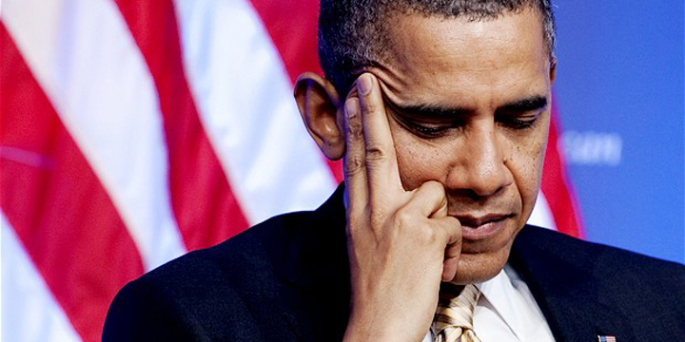
What to expect from Obama?
Just four weeks ago the Republican Party won the Senate, substantially increased its majority in the House of Representatives, and now resides in governors’ mansions in 32 of 50 states. By most accounts, the Democrats’ defeat represented a referendum against their president. With two more years in the White House, is Barak Obama really a lame duck, or can we expect some audacity from this often infuriatingly low-key president? Based on what we’ve seen in just one month, my bet is on a lot more to come.
On immigration, the president defied an obstreperous Congress and used his executive powers to give as many as five million people legal status in the United States, while putting even more money and manpower on the border. The political calculus is clear enough—most of those who will acquire legal status are likely over time to vote for Democrats, unless the Republican Party can reinvent itself as more inclusive and representative. And making it easier to live and work legally also brings significant economic benefit to the country. But the humanitarian value of Obama’s immigration move is just as significant. We are indeed a nation of immigrants, with a remarkable capacity to absorb newcomers. The accusations of imperial presidency notwithstanding, Obama did the right thing on this one.
And then there’s climate change. Ten months in the making, the non-treaty agreement with China announced during Obama’s Beijing visit last month puts diplomatic muscle into global climate talks that could well show substantive results in both Lima this month and Paris next year. And while it is true that during his first term he put his domestic capital behind healthcare reform instead of cap and trade legislation, my guess is Obama will continue using his executive and existing legislative authority to reduce carbon emissions.
National security/foreign policy is the space that confounds both Obama’s staunchest defenders and his toughest critics. He fired Chuck Hagel after barely two years as Secretary of Defense and ran through several choices before finding a willing successor. But replacing Hagel’s alleged passivity won’t substantially improve matters. It is unclear whether the problem is the insularity of the White House national security team, or that the constellation of acute challenges from Iran, Iraq, Syria, Israel, Russia, ISIS, and an array of non-state actors is simply too complex to navigate. David Rothkopf’s new book, National Insecurity, suggests the answer is ‘all of the above.’ But Rothkopf also argues that in the face of complexity and cacophony, sometimes the best response is to simplify (inside) and to listen (outside).
And then there’s Ferguson, which embodies our major cleavages of race, class, and injustice, hundreds of years in the making. Two years won’t heal those wounds; unequivocal presidential leadership might help.
(From the: Council on Foreign Relations)


